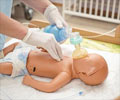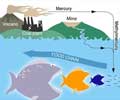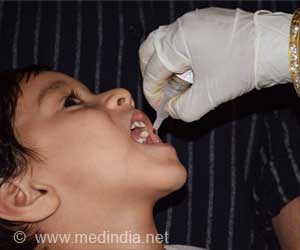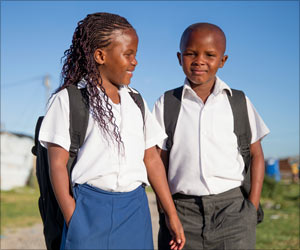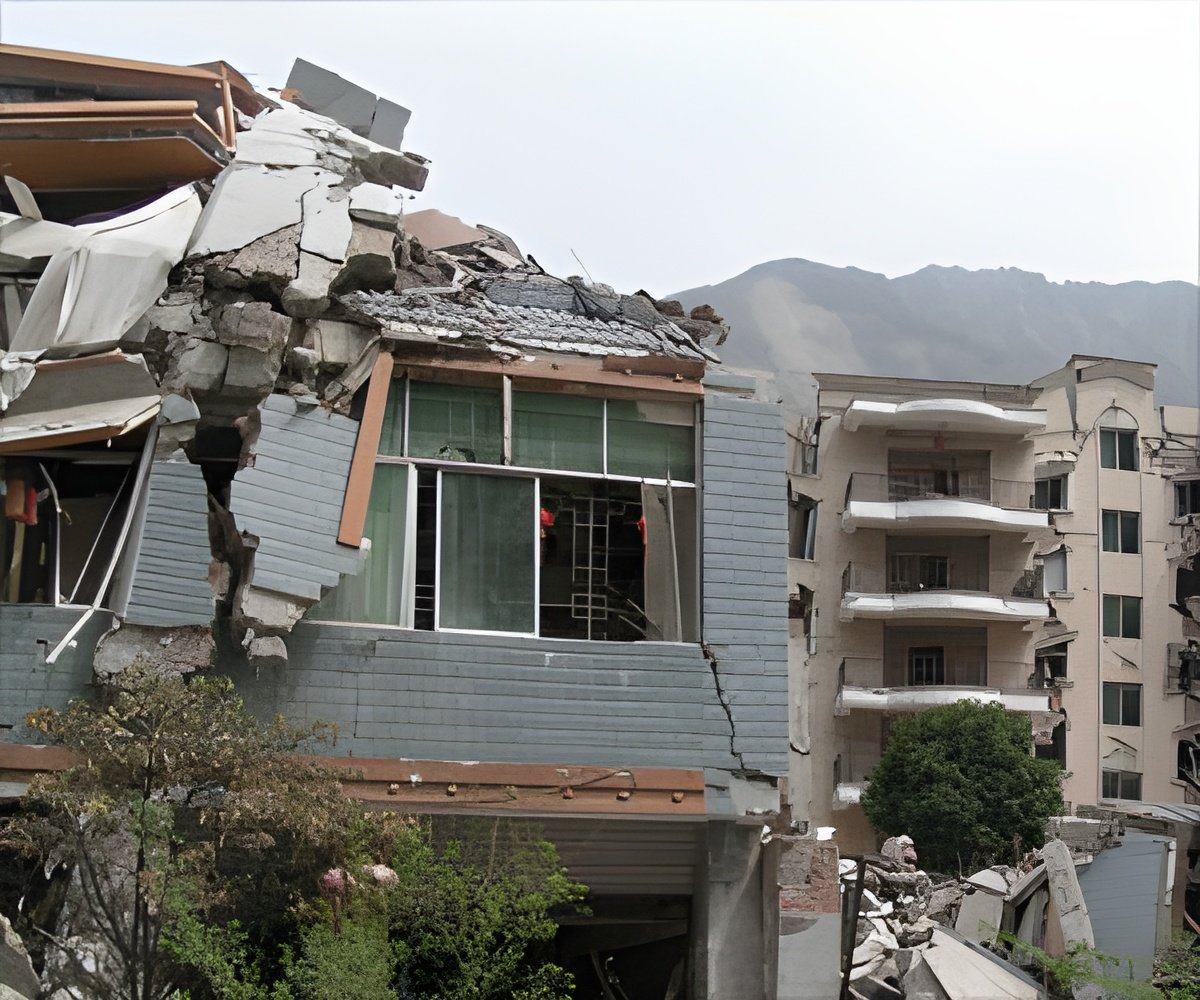
‘Since vulnerability to natural disasters is increasing globally, being unprepared tends to lead to more considerable post-disaster losses and more significant loss of life, injury, and displacement.’
Tweet it Now
Although vulnerability to natural disasters is increasing globally, even in high-risk regions few households have measures in place to protect and prepare themselves. Ill-preparedness tends to lead to larger post-disaster losses and greater loss of life, injury and displacement. "There is evidence that even small measures can save countless lives," says Professor Helene Joffe (UCL Psychology & Language Sciences), leader of the study.
"Being prepared for multiple hazards makes households more resilient, especially given that hazards can occur simultaneously or in rapid sequence, such as the recent cyclones followed by floods in Mozambique and Zimbabwe."
UCL researchers and their local counterparts ran workshops to empower people to make small household adjustments to prepare for disasters, such as securing TVs, computers and cabinets to the walls and ensuring objects are not placed above beds regarding protection from earthquakes. They also showed the importance of keeping exits clear of obstruction and having functioning smoke detectors and in-date fire extinguishers, regarding fire protection.
The workshops were comprised of two three-hour training sessions, after which the researchers observed whether households had adopted disaster preparedness behaviors. Half of the households in the sample were given the training, and half were not.
Advertisement
"An unintended consequence of the study was that even the control group - which did not receive training - improved its preparedness behavior. This suggests that when risk-related behaviors are simply being observed, householders will change their behaviors to become more prepared."
Advertisement
Source-Eurekalert



